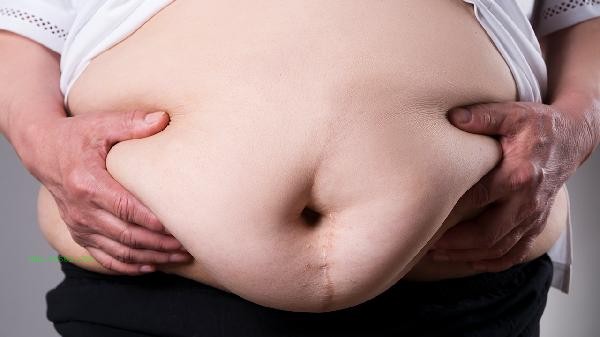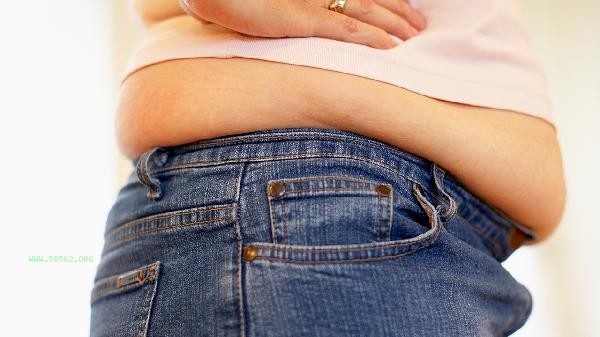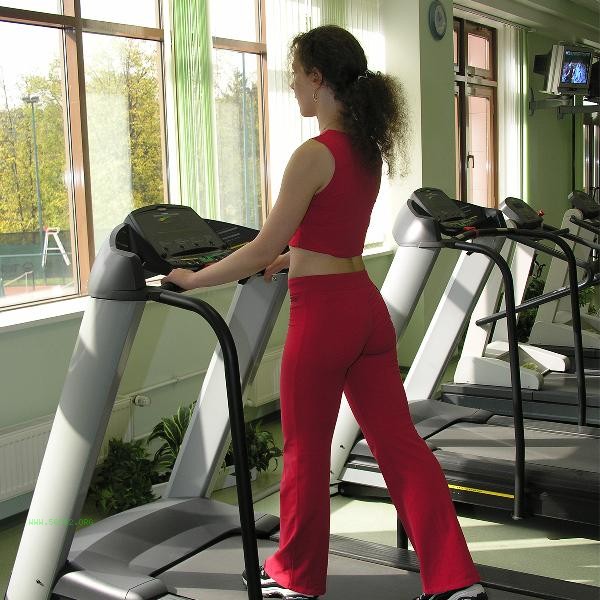Not defecating for two to three days during dieting and weight loss is a common phenomenon, mainly related to reduced dietary intake, insufficient dietary fiber, slowed intestinal peristalsis, insufficient water intake, and metabolic changes.
1. Decreased dietary intake: During dieting, food intake is significantly reduced, resulting in a decrease in intestinal contents and an inability to form sufficient fecal volume to stimulate the intestinal wall, leading to prolonged intervals between bowel movements. When the daily food intake is less than 60% of the basal metabolic requirement, the intestines may enter a low activity state.

2. Insufficient dietary fiber:
Weight loss individuals often reduce their intake of staple foods, fruits, and vegetables, leading to a lack of dietary fiber. Cellulose can absorb water and increase the volume of feces. When the daily intake is less than 20 grams, the intestinal peristalsis efficiency decreases by 30% -40%, and the retention time of feces is prolonged.
3. Slow intestinal peristalsis:
Long term low calorie diet can reduce basal metabolic rate, which in turn affects intestinal autonomic nervous system regulation function. Research has shown that consuming less than 800 calories per day for three consecutive days reduces colon peristalsis frequency by 50% and prolongs fecal transport time to over 72 hours.

4. Insufficient water intake:
Neglecting hydration during weight loss can increase the colon's reabsorption of water, making feces harder to excrete. When the daily water intake is less than kg × 30ml of body weight, changes in intestinal osmotic pressure may cause functional constipation.
5. Metabolic changes:
Sudden reduction in calorie intake can alter the rhythm of bile secretion and balance of gut microbiota. The decrease in bile acid concentration affects fat emulsification, while dysbiosis of the microbiota can lead to a reduction in short chain fatty acid production, both of which can slow down intestinal emptying rate.
It is recommended to consume 1500-2000ml of warm water daily, choose foods rich in soluble fiber such as oats and chia seeds, and combine them with 30 minutes of brisk walking to promote intestinal peristalsis. Moderate supplementation of fermented dairy products containing bifidobacteria is recommended to avoid daily intake of less than 1200 calories for more than 3 consecutive days. If there is no bowel movement or accompanied by abdominal distension and pain for more than 5 days, seek medical attention to rule out organic diseases. Long term dieting may cause delayed gastrocolic reflex. It is recommended to adopt a mild weight loss program with high protein and medium carbon water, with a weekly weight loss of no more than 1% of total body weight.





Comments (0)
Leave a Comment
No comments yet
Be the first to share your thoughts!